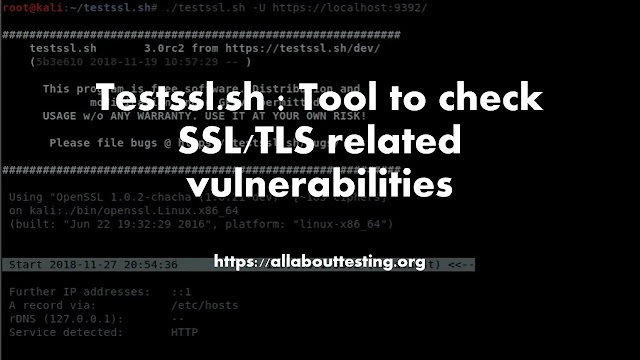Log4Shell

Log4Shell Burp Suite is a leading web application security testing toolkit designed for identifying and analyzing security vulnerabilities in web applications. Developed by PortSwigger, Burp Suite offers a comprehensive set of tools that facilitate manual and automated testing processes. It includes features for mapping application structure, discovering potential security issues, and testing for common web vulnerabilities such as SQL injection and cross-site scripting. With its intuitive interface and extensible architecture, Burp Suite is widely used by security professionals, penetration testers, and developers to assess and strengthen the security of web applications throughout the development lifecycle. Log4Shell, officially identified as CVE-2021-44228, represents a significant vulnerability impacting a vast array of systems. The affected component, Log4j, engages in logging untrusted data as part of its design. Consequently, numerous vulnerable hosts exist, and identif...









